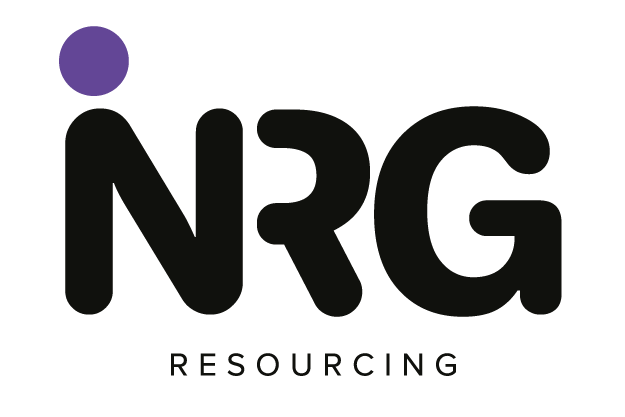Mastering Protection Sales with Matt Chapman (The Protection Coach)
5 Tips That Guarantee More Protection Sales
- Financial Resilience Matt emphasises the importance of shifting the focus from merely selling insurance to ensuring clients’ financial sustainability. This approach not only adds value to your services but also builds long-term trust with clients.
- Consistency in Practices Successful advisors embed protection conversations throughout the mortgage process rather than treating them as separate discussions. By integrating these talks from the beginning, clients better understand the importance of protection.
- Build Strong Client Relationships Maintaining regular contact with clients through annual reviews and consistent touchpoints helps reduce policy cancellations. Building strong, ongoing relationships ensures clients feel valued and supported, which leads to higher retention rates.
- Highlighting Value Over Cost Focusing on the long-term benefits of protection policies rather than just the cost helps clients see the value in what they are purchasing. This perspective reduces the likelihood of cancellations and increases client satisfaction.
- A Culture of Protection: Creating a culture within your brokerage that prioritises protection is essential. By fostering an environment where protection is seen as a fundamental part of the service, rather than an optional extra, you ensure that all team members are committed to discussing and promoting it with every client. This cultural shift can lead to higher adoption rates and better client outcomes.
For Even More
Insights, giveaways and latest updates follow us on LinkedIn, Facebook,
YouTube and Spotify just search NRG-Resourcing and subscribe or follow to be the first to access.
We are always open to collaborations with NRG Insights, feel free to get in touch on info@nrg-resourcing.co.uk












